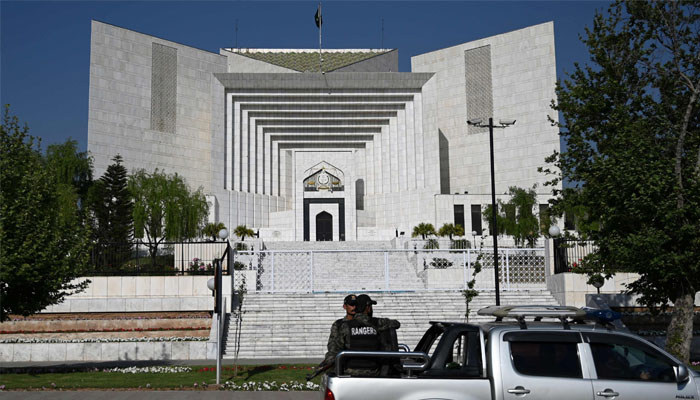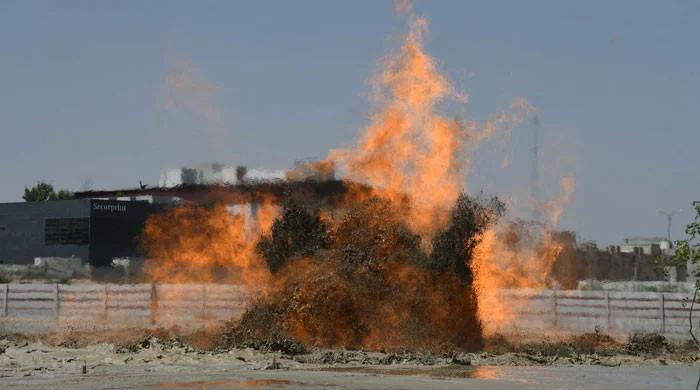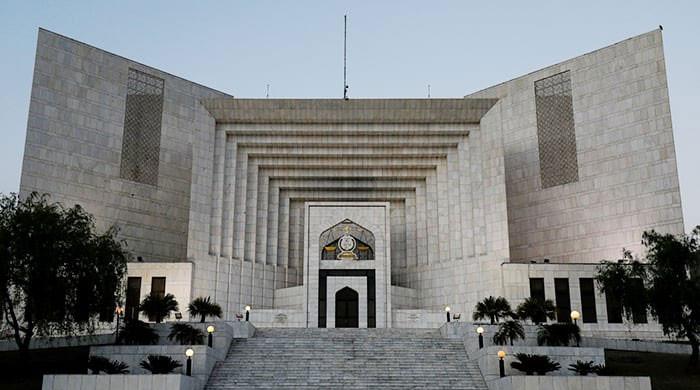Explainer: The Supreme Court’s ruling and the foreign letter
In the simplest terms, the Supreme Court brought things back to where they were before the speaker’s ruling
April 08, 2022

There were two acts that led to the case before the Supreme Court.
First, the speaker of the National Assembly ‘dismissed’ the vote of no-confidence against the prime minister and, then, the president dissolved the National Assembly on the prime minister's advice.
The second step would not have been possible without the first because a prime minister can’t advise the president to dissolve an assembly if a vote of no-confidence is pending against him.
Since one flows from the other, there was essentially one question before the Supreme Court: can the Speaker dismiss a vote of no-confidence against the prime minister once it has been placed before the Parliament?
The Supreme Court essentially declared that the speaker had no such powers under law.
Also read: Legal experts weigh in on Supreme Court’s ruling
With the initial act having been declared to be illegal, all acts that followed from it also became illegal. Thus, the vote of no-confidence was revived, once again precluding the prime minister from advising that the Assembly be dissolved. As a result, the National Assembly was also restored.
In the simplest terms, the Court brought things back to where they were before the speaker’s ruling.
The vote of no-confidence must be voted upon under the Constitution and, since the allotted time has now passed, the Supreme Court has directed that voting take place no later than 10:30 am on Saturday. All relevant persons to the chain of events have now been directed not to repeat such actions or interfere with the vote in any way.
If the vote of no-confidence succeeds, then the Assembly must elect a new prime minister in the same Session (which does not, however, have to be at the same ‘sitting’ i.e. day).
Also two important clarifications related to the speaker’s reliance upon the foreign letter, and the apprehension of horse-trading in the vote of no-confidence.
Also read: NA deputy speaker’s ruling: SC issues written order
As to the first, the Court has passed no remarks in the Short Order. This is possibly because the speaker simply does not have the power to dismiss a vote of no-confidence once moved by the requisite membership of the Assembly, regardless of the reason. However, we will need to wait for the detailed verdict to understand the court’s reasoning.
As to horse-trading, the Supreme Court has emphasised that if anyone defects from their party by voting against party lines in either the vote of no-confidence, or the election of a subsequent prime minister (if necessary), they will still be liable to proceedings under Article 63A.











